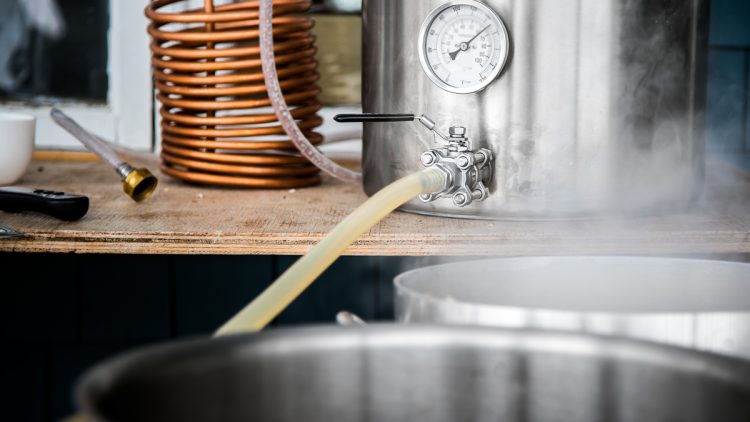Chillers In Winter Weather Conditions
Chillers have to be able to work year round and in some cases it is a good idea to make sure your chiller can work at maximum capacity. Follow these tips to make sure your chillers work hard through the cold weather.
- Glycol charts will display the ambient temperature and give you an indication of the total amount of glycol you will need. To do this you will have to utilize a refractometer, specifically inhibited propylene glycol that is especially made for HVAC systems, especially for high and medium temperature chiller applications.
- Snow and ice must be kept off the chiller condenser coils as they can damage fan blades and restrict the air flow through the condenser and this will reduce the potential of the cooling abilities of the chiller.
- Use the manual controls for your head pressures. Head pressures drop during very cold weather and if the chiller is not one that has ambient control equipment such as a flooded condenser or fan cycling, the chiller may not operate correctly. One way of solving this is to block the flow of air through the condenser by wrapping it with plastic or using some card board to block the condenser. it is not a perfect fix, nor a permanent one but will work on a temporary basis.
- By allowing the pump to run, it should provide sufficent warm water to keep the fluid above the freezing level or above the freeeze levels of the glycol. But at night, the ambient temperature of the air will cool down the fluid rapidly. When the pump is allowed to run, heat will be added from the pumps and from inside the buildings.
- By planning ahead, you can ensure your chiller is equipped to handle the cold weather conditions in your environment. If you perform a maintenance check in Spetember, it will give you ample time to make any needed alternations.
- Make sure everything in the system is correctly and completely installed including pumps, piping, safeties and controls.
- Make sure the cooler evaporator is connected to its separate electrical service and checked for the correct voltage.
- Perform an inspection for cracks and leaks before the onset of cold weather. This may be an action that saves you tens of thousands of dollars over the winter.
- Develop a back up plan should your chiller lose power over the cold weather period of the year.
0

